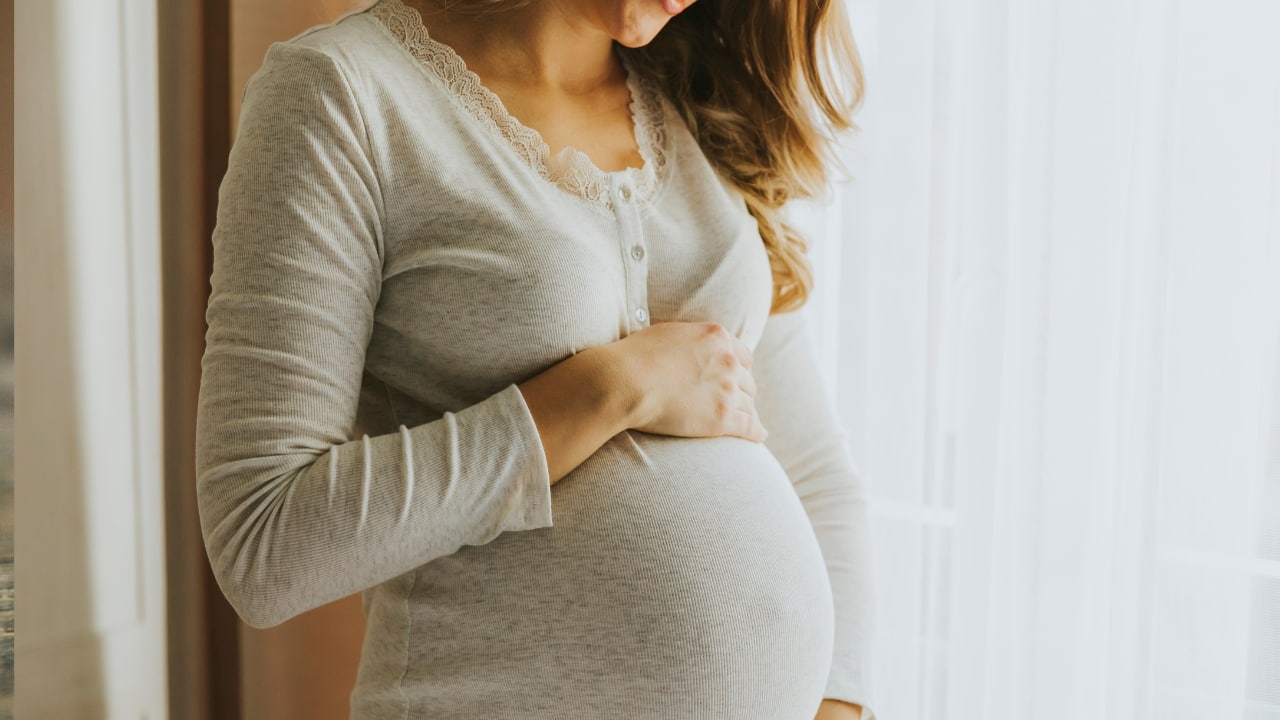
LIFESTYLE TIPS: IS SUNSCREEN SAFE DURING PREGNANCY? HERE ARE INGREDIENTS TO USE AND AVOID
During pregnancy, it's crucial for women to be mindful of what they consume and apply to their bodies to safeguard their baby's health. While it's widely recognised that pregnant women should avoid alcohol, tobacco, and certain foods, there is less emphasis on the importance of scrutinising skincare products, including sunscreen. Sunscreen is vital for protecting skin from harmful UV rays, but some sunscreens contain chemicals that can be absorbed through the skin and potentially affect the developing fetus. Therefore, it's essential to know which sunscreen ingredients to steer clear of during pregnancy.
Is sunscreen safe during pregnancy?
Sunscreen is generally safe and necessary for pregnant women to protect their skin from sun damage. However, certain ingredients in sunscreens may pose health risks during pregnancy. Pregnant women should be aware of these ingredients to make informed choices about their sunscreen products.
Sunscreen ingredients to avoid while pregnant
Several common ingredients in chemical sunscreens can be harmful to pregnant women and their babies, including:
Homosalate: An endocrine disruptor, homosalate can interfere with hormonal functions. Since pregnancy involves significant hormonal changes crucial for the baby's development, any disruption can be risky. Additionally, homosalate can enhance the skin's absorption of other harmful chemicals, says Delhi-based women and child healthcare Dr Priyal Kaushik.
Oxybenzone: Widely used in chemical sunscreens, oxybenzone is quickly absorbed into the bloodstream and has been linked to health issues like low birth weights, melanoma, breast cancer, hormone disruptions, and allergic reactions. Oxybenzone has been found in breast milk, indicating it can be passed to the baby. Its significant potential risks make it a critical ingredient to avoid during pregnancy, says Kaushik.
Octocrylene: This ingredient is rapidly absorbed by the skin and can produce free radicals when it absorbs UV rays, potentially leading to cell damage and mutations, says Dr Kaushik. While octocrylene is effective in protecting against UV rays, its presence in the bloodstream, even in trace amounts, is concerning for pregnant women.
Avobenzone: Another endocrine disruptor, avobenzone can degrade under UV exposure, producing byproducts that may cause allergic reactions and hormone disruptions. Studies show that avobenzone can remain in the bloodstream and skin for weeks, posing a prolonged risk.
What is the best sunscreen for pregnant women?
Given these potential risks, pregnant women should choose sunscreens that do not contain these harmful chemicals. The safest options are physical (mineral) sunscreens with natural ingredients like zinc oxide and titanium dioxide. These minerals sit on top of the skin and physically block UV rays without being absorbed, making them much safer for use during pregnancy.
Tips for choosing a pregnancy-safe sunscreen
Read labels carefully: Ensure the sunscreen is labeled as broad-spectrum for protection against both UVA and UVB rays. Check the ingredient list to avoid harmful chemicals, says Kaushik.
Choose physical sunscreens: Opt for products containing zinc oxide or titanium dioxide, which are considered safe for pregnant women.
Avoid fragrances and parabens: These can cause skin irritations and other adverse reactions.
Consider your skin type: If you have sensitive skin, look for sunscreens specifically formulated to avoid common irritants like para-aminobenzoic acid (PABA).
2024-06-01T03:30:23Z dg43tfdfdgfd